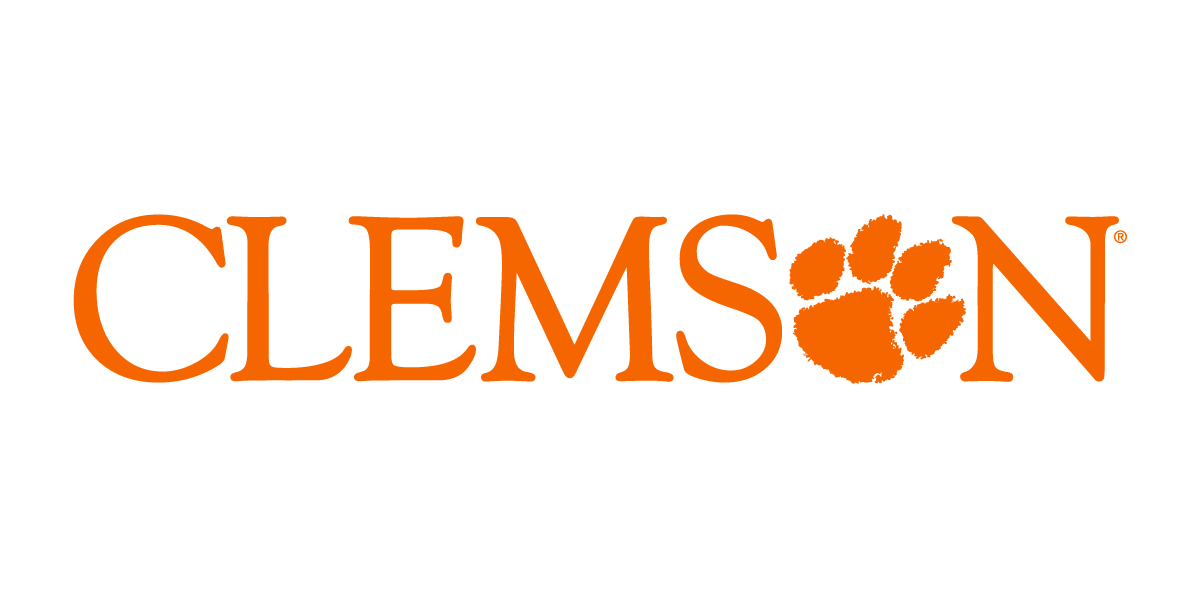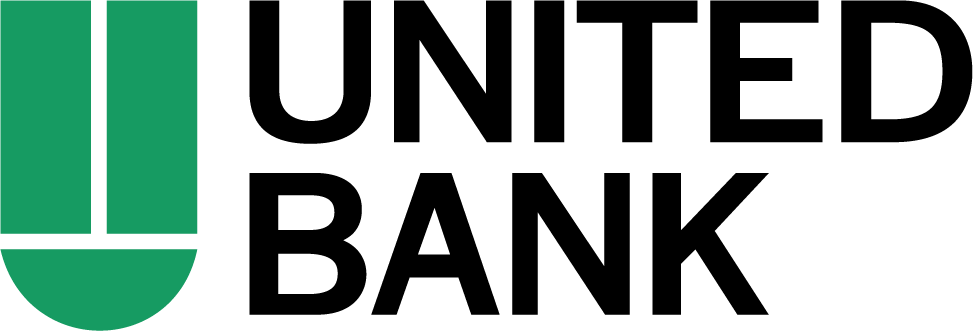Money Moves with United offers a tailored approach to financial empowerment. This program will provide student-athletes with relevant, purpose-driven, and accessible content geared toward linking dreams of tomorrow with the decisions of today. It’s never too soon to understand how money moves and the importance of making the right play, at the right time.
Financial Empowerment
Linking dreams of tomorrow with the decision of today.
United Bank's Game Plan

Offering sessions for everyone.
- Money Moves: The Warmup - Freshman Sessions
- Money Moves: All In - Athletic Teams Sessions
- Money Moves: A Different Playing Field - Tiger Impact Sessions
United Bank has partnered with Will Shipley to help coach you on how you can strengthen your financial fitness. See Will's tips on how to maintain your financial game plan.
Clemson Student Athlete Inquiry Form
Have questions regarding your finances? Complete this form to be connected to a United Bank financial professional.
Knowledge is Power
Financial Literacy Vocabulary List
Understanding financial terminology is an essential part of financial literacy. At first, the words might sound like a foreign language. However, getting to know some of the most common personal finance words can help you build a stronger money foundation.
An asset is any resource (tangible or intangible, owned or controlled) that holds value. In other words, assets contain value that can be converted into money. An individual, company, or country can own or control assets, which include things like cash, investments, art, technology, real estate, and intellectual property.
What is a money market account? In simple terms, it’s a deposit account that blends features of a savings account and a checking account. You can deposit money and earn interest on the balance. If you need to withdraw money, you may be able to do so using a linked ATM card or by writing checks. But those withdrawals are not unlimited; banks can still cap you at six withdrawals per month. Also known as MMAs, these accounts are not to be confused with money market funds, a kind of mutual fund.
Time value of money (TVM): is the concept that money available now is worth more than an identical amount in the future. This is because money that’s invested has the potential to grow, and the longer that it’s invested, the more it will appreciate. Money that’s acquired later has less time to grow through investments and is thus considered less valuable.
-
6 Simple and Creative Ways to Build Up Your Emergency Fund
We all know that life can be unpredictable — and when it comes to finances that it’s best to be prepared for the worst. But, of course, the challenging part of the financial-preparedness equation can be how to actually make it happen. Enter the emergency fund...
Read more -
Making Dollars and Sense of Credit
Your credit is a vital part of your financial health. Understanding why credit is so important, and what steps you can take to maintain good credit, helps you make better choices about your personal finance. Good credit also gives you more options for making the most of your money...
Read more -
"Must-Do" Savings Planner
Prepare for retirement with a budgeting template to track where your money is going and give you confidence that you’re saving enough for your future.
Read more -
Top 5 Tips for Getting on Top of Your Finances
The idea behind financial literacy is that a person shouldn’t need advanced training in economics in order to make sound, savvy money choices — for example, decisions related to insurance, investments, saving for college, tax planning and more...
Read more -
Money Market vs. Savings Accounts
Whether you’re just starting to think about saving for unpredicted circumstances, or exploring whether the money you’ve worked so hard to save could be paying off more, you’ll never regret the money you didn’t spend. Most financial experts recommend building up savings equivalent to 3-6 months of...
Read more -
Funding Life Goals: A Savings Estimator
Life milestones often include the biggest expenses in life. Understanding average costs can help create a successful plan to save.
Read more
